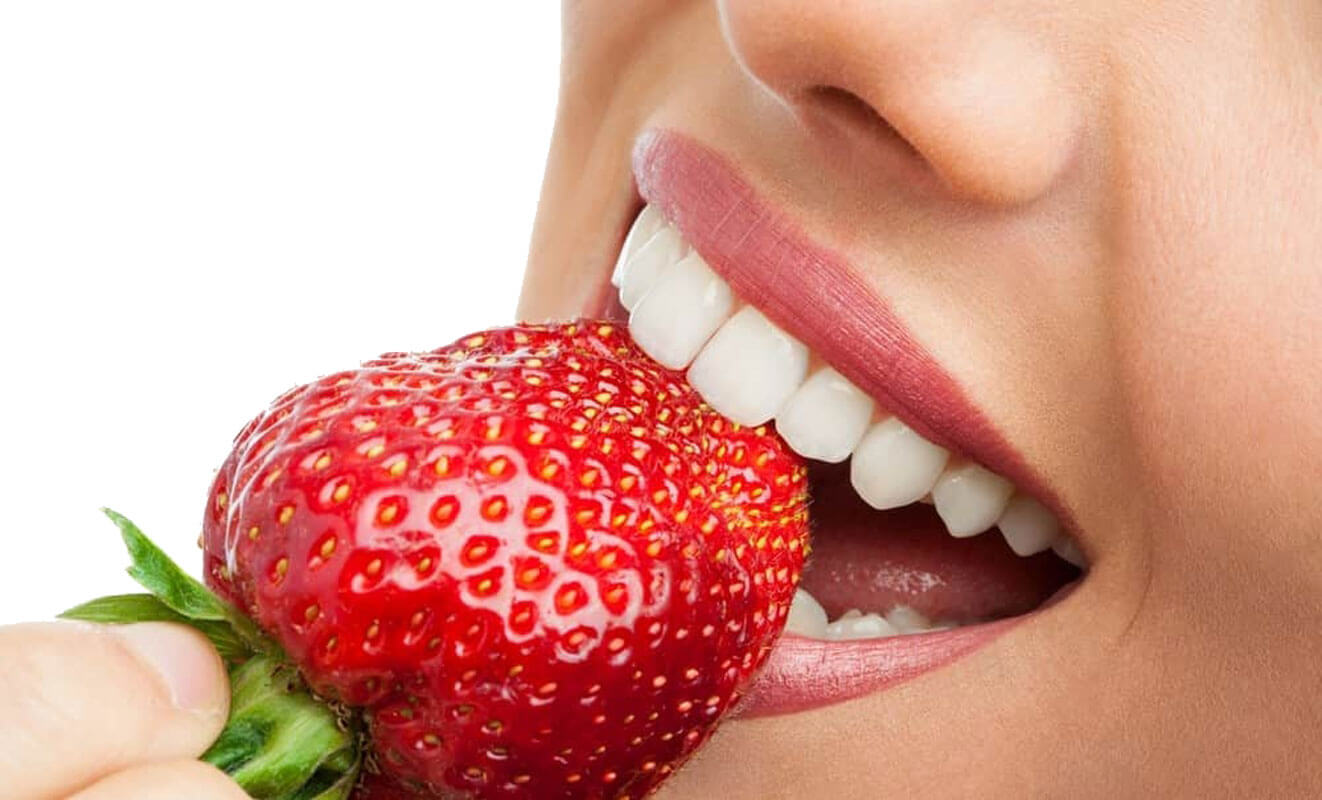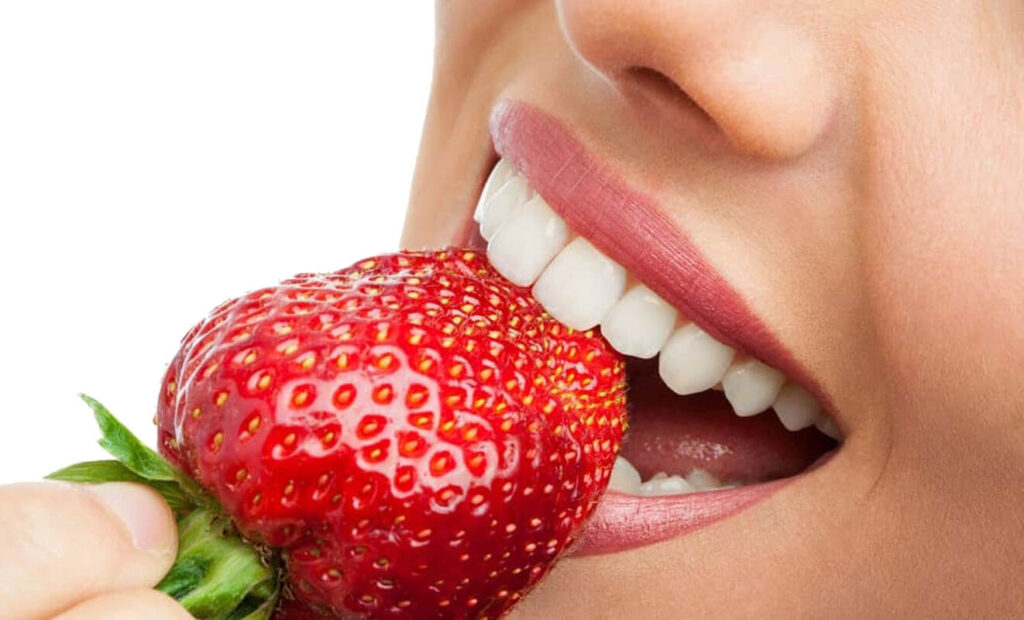
Honestly, I never thought teeth were so important for our health. They appear so hardy, feel so tough and strong – especially when they accidentally bite your tongue! But the fact is: they are vulnerable as they inhabit our mouth which is a wild, walk-in world for unfriendly bacteria to linger, flourish and create havoc. Really? you might ask. Yes. If we don’t observe oral hygiene, not only can our teeth be toppled, we can wake up at midnight to excruciating pain, and even if we apply an antibiotic cream or pop a strong painkiller, our sleep cycle is disrupted, we slumber uneasily and wake up fatigued.
This happens due to inflamed gums. And inflammation is our blood vessels switching from state-of-the-art being to a state-of-war response to unfriendly bacteria and food particles, both of which should not be there in the first place. This inflammation, though in the gums, causes a stress-response even in the cardiovascular system. The heart pumps faster and the adrenaline glands secrete adrenalin.
Even our mind can get adversely affected. Gum disease can lead to low self-esteem, bring on bouts of anxiety or depression and, in this scenario, self-confidence ebbs. It’s a gradual process where you can lose interest in food and become indifferent to your surroundings.
So don’t allow yourself to reach even halfway to this sad stage. Give your teeth and gums the attention and care they deserve. You might have heard the joke: At what time do people go to the dentist? At tooth-hurty. Don’t neglect your teeth, get started on lovely little rewarding practices that relax you as your mouth becomes healthier and you get back your mojo. Here’s how:
- Never sleep without brushing your teeth. Brush in circular motions patiently for a full two minutes. Be aware that you are ridding yourself of germs and plaque, and preventing gum disease. Brush your tongue too. Or use the arced tongue-cleaner available at the pharmacy.
- Choose to use a fluoride toothpaste. Whitening powers and flavours are not important, fluoride is. It kills germs and prevents cavities.
- Floss out food particles from between the teeth. Bonus: it stimulates gums, reduces plaque, helps lower inflammation.
- Rinse after every meal. You’ve had a good meal. Now, take a mouthful of water, swish vigorously and spit it out explosively. Flush out the slivers and tiny spices from the hidden crevices and gaps.
- Limit sugar, acidic foods and beverages. Sugar interacts with the plaque’s bacteria to produce acid. Acid erodes the enamel. Drink water to dilute the acids.
- Quit smoking. Smoking delays the natural tissue healing process in the mouth and invites infection. In sum: no tobacco, no gum disease.
- For strong teeth, eat super foods. End meals with milk, yoghurt or cheese. They contain calcium and phosphates which re-mineralise the teeth and help build enamel. Eat crunchy food with a glass of water. They stimulate saliva, scrub the teeth clean and the water carries away plaque, particles, bacteria. Crunchy foods include carrots, apples, pears, nuts like almonds, cashews, walnuts, peanuts. If you enjoy fish, go for salmon. It’s loaded with phosphorus that protects tooth enamel. Also, black tea, green tea and coffee are friends of teeth — rich in polyphenols and antioxidants, they prevent cell-damage, reduce inflammation and help fight cancer. Finally, make sure you add strawberries to your diet. They contain vitamin C, antioxidants and malic acid which can even whiten the teeth a bit. Incidentally, don’t lose sleep over yellow teeth. It’s natural — some teeth are white, some yellow — like different skin colours.
- Consult a dentist for any discomfort in the mouth. This is important because if there is any rot, any infection, every time you swallow, unfriendly bacteria goes in. That’s bad news. Experts say this harmful bacteria travel into the bloodstream and lungs. Please don’t give them a chance. An example: You may be chewing food from only one side because the other side hurts. It’s like hopping around on one leg because the other is stiff. It’s simpler to consult a dentist than to feel out of whack. It may not need surgery. You could be advised to brush your teeth with a toothpaste like Thermoseal or Sensodyne because you have sensitive teeth that can’t bear hot or cold food and beverages. You could be asked to apply the de-sensitising toothpaste with your finger on the sensitive spots and keep it there for 10 minutes — this stops the pain and smooths serrated edges as it builds tooth enamel. Or a cavity may need to be filled.
If the tooth has ‘advanced’ beyond sensitivity, you could be advised the root canal treatment. I can describe it as I recently went through one. It is done neatly, hygienically and painlessly.
The dentist dabs numbing medication on the gum near the over-sensitive tooth. When numbed, he injects a local anesthetic into the gums. Then he makes a tiny opening in the tooth-top to expose the infected pulp, removes it with dental files and cleans the canals. He coats the area with a topical antibiotic and puts a temporary filling to prevent re-infection. After a few days, he puts a more permanent filling. And finally, the dentist may cap the tooth with a permanent crown. Voila! The infected tooth is cleaned, repaired, restored, healed.
One of my teeth was far too gone and not worth saving by the root canal treatment, so we opted for extraction. Due to medical advances, even that was painless. Yes, I confess I was nervous. But my sister, a family physician and psychiatrist told me, ‘Smile through it and you’ll sail through it.’ I did.
Don’t grind, don’t gnash
One more important fact not to be ignored is how stress affects your teeth. Haven’t you noticed how you clench your jaw when angry? And if you often wake up in the morning with a headache or feeling unrested and tired, it could be because you’ve been gnashing and grinding your teeth all night. How do you stop it? The obvious answer is: Reduce stress in your daily life. If you can change tension-causing circumstances, change them. If not, attend Yoga classes. Here, through meditation, talks, you get a wider perspective; and the asanas drain tension and relax your body. Sleep to Yoga Nidra meditation or soothing music. Take a warm bath. Avoid stimulating stuff — TV news, social media rants, caffeine, cigarettes, arguments, alcohol — in the evenings.
You could also check with your dentist if you have jaw pain, difficulty in chewing, clicking in the jaw joints, pain around the ear-area. It could be TMJ-related. TMJ — TemporoMandibular Joint — links your jaw to your skull. Thanks to this joint, we can move our jaw up and down, side to side, talk, laugh, chew, yawn. When we grind our teeth, the pain spreads from the jaw muscles to the skull causing a headache. The dentist won’t prescribe a medicine or procedure of any kind. All that is needed is a night-guard. It is designed to keep the upper and lower teeth separate. A soft night-guard is available at the pharmacy. Or the dentist can have a custom-made one of thin plastic to fit over your upper and lower teeth.
I suggest, go for the custom-made one. When worn while asleep, it stabilises and relaxes the jaw. And the teeth can’t grind. Someone described it as ‘spectacles for the teeth.’ There’s only one requirement for it — keep it as squeaky clean as your teeth. Remember, the tooth-fairy does not visit adults!
The writers are authors of Fitness for Life and Simply Spiritual – You Are Naturally Divine and teachers of the Fitness for Life programme






